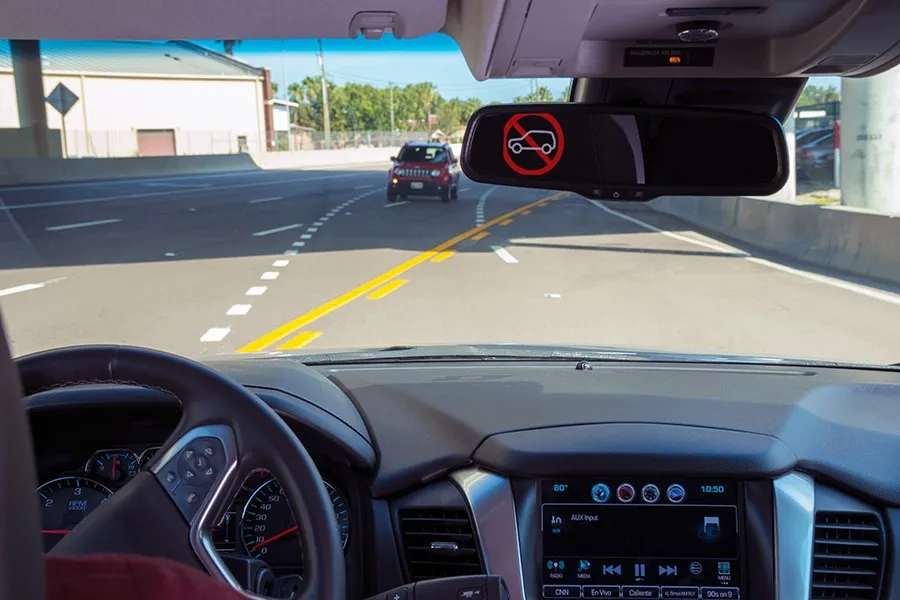
The US Department of Transportation (DoT)’s Federal Highway Administration (FHWA) has splashed out millions of dollars to 10 states developing ‘innovative technologies’.
The Advanced Transportation and Congestion Management Technologies Deployment (ATCMTD) grants total $43.3 million and have been given to projects “using cutting-edge technologies that will improve mobility and safety for America’s travellers”.
Established under the Fixing America's Surface Transportation (Fast) Act, the grants are open to entities including state DoTs, local governments, transit agencies, metropolitan planning organisations.
The FHWA evaluated 33 applications, requesting more than $139 million.
Projects chosen range from advanced real-time traveller information and vehicle communications to artificial intelligence and bicycle-pedestrian safety - and the idea is that they could serve as national models.
The approved ATCMTD grants list is:
Florida DoT I-4 Florida’s Regional Advanced Mobility Elements (FRAME) $10,071,600
Hawaii DoT Implementing Cellular V2X Technology to Improve Safety and ITS Management in Hawaii $6,855,000
Metropolitan Washington Council of Governments (MWCOG) Deployment of Personalised and Dynamic Travel Demand Management Technology in the Washington, DC / Baltimore, MD / Richmond, VA mega-region $2,970,000
Michigan DoT Intelligent Woodward Corridor Project $5,500,000
Missouri DoT I-270 Predictive Layered Operation Initiative (PLOI) $1,000,000
North Carolina DoT NCDoT Multimodal Connected Vehicle Pilot $2,117,750
Ohio DoT/DriveOhio I-70 Truck Automation Corridor $4,400,000
Tennessee DoT Artificial Intelligence-Powered Decision Support Tools for Integrated Corridor Management $2,617,653
Virginia DoT AI Meets ICM: Realising the Next Generation of Regional Mobility $4,355,000
Washington DoT Deployment of the Washington State Virtual Coordination Center (VCC) for Multimodal Integrated Corridor Management $3,424,361
Total: $43,311,364








